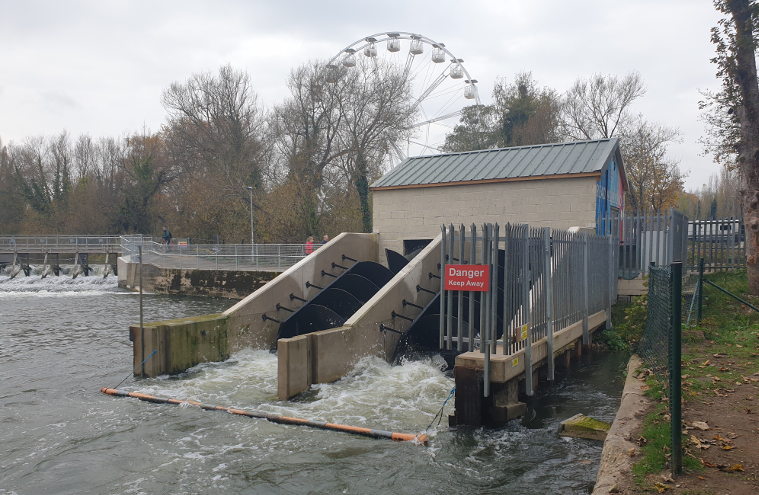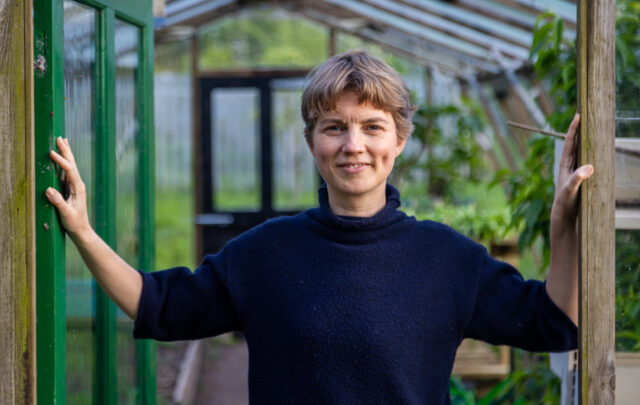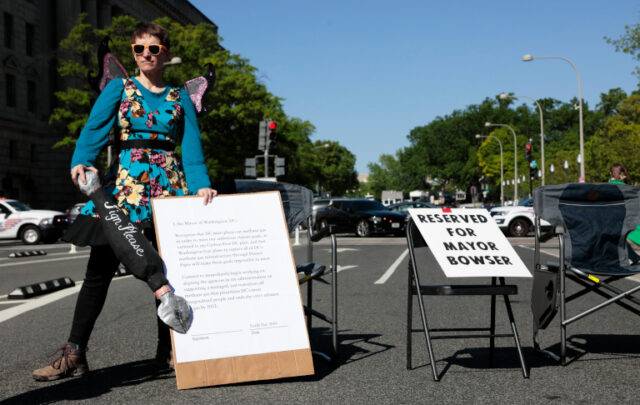The can of worms that is our global use of energy, has been levered open yet further by the escalating war in Ukraine. Prices of all types of energy had already been hiked dramatically as a result of a strong economic rebound post-covid, but with limited capacity to meet additional demand. As a result of a potential embargo on Russian fuels, the UK price of natural gas briefly hit 800p per therm, or sixteen times that of March 2021. Oil prices too, are at a high not seen since just before the Great Recession of 2008, with Brent crude spiking at $128 a barrel, and driving record prices for petrol and diesel. Since energy underpins everything we do, its cost sets the baseline for all other commodities, including food, whose prices are also surging globally.
Europe is dependent on Russia for around 40% of its gas, thus making any supply restrictions extremely problematic, to put it mildly: for example, if Russia were to carry out its threat to cut off the gas. Similarly, refusals by the West to buy Russian oil beg the question of whether matching quantities can be secured from elsewhere. Given that oil is the lifeblood of industrial civilization, and we run the risk of a demand/supply gap, leading to soaring prices – $200 a barrel has been suggested – the economic consequences would almost certainly be catastrophic.
The European Commission has now pledged to curb massively its purchase of Russian gas: by some two thirds by the end of this year. The proposed mechanism for this includes establishing a greater diversity of suppliers, biomethane production, and energy efficiency strategies for buildings, including behavioural changes such as turning down thermostats to curb energy demand. Indeed, demand reduction must be a salient part of any viable future energy blueprint.
Although the UK is far less dependent on Russian oil and gas, the government has taken a cue to build energy security, to which end it intends to roll out more nuclear power, renewable energy and domestic production of fossil fuels. Now this is where a number of forces converge, namely, domestic energy production, final energy use, and climate change.
Thus, to maintain our reliance on oil and gas – whether imported (from wherever) or home grown – clearly flies in the face of intentions to cut current emissions levels practically in half by 2030: just 7 years and 9 months away. However, an according expansion of energy production from nuclear or renewables necessitates that it be used in final form as electricity, and so those aspects of transportation, running buildings and industry, currently directly reliant on oil and gas, would need to become increasingly electrified.
In this same spirit of energy security, the huge amount of energy wasted must also be reduced, especially by retrofitting buildings with thermal and draught insulation, and reconfiguring towns and cities so that more can be done at the local level (including growing food), thus eliminating unnecessary transportation and its fuel requirements. Such actions would help to curb carbon emissions, and reduce demand for additional “low-carbon” energy, noting that the most reliable form of renewable energy is energy not used at all. Through a combination of such measures, overall energy demand in the UK could be more than halved.
It has been proposed that an army of volunteers should be mobilised to install small-scale renewable energy across the UK, thus furthering national energy independence. Moreover, some degree of decentralisation of our energy system would contribute to local and regional energy resilience, thus providing a necessary buffer against the many storms of a changing global climate that are likely to prevail upon us.
Teaser photo credit: Reading Hydro. The recently opened Reading Hydro, a Community Benefit Society run hydropower scheme that generates renewable, low-carbon electricity from the power of the River Thames. By Chris Wood, CC BY-SA 2.0, https://commons.wikimedia.org/w/index.php?curid=115252005





